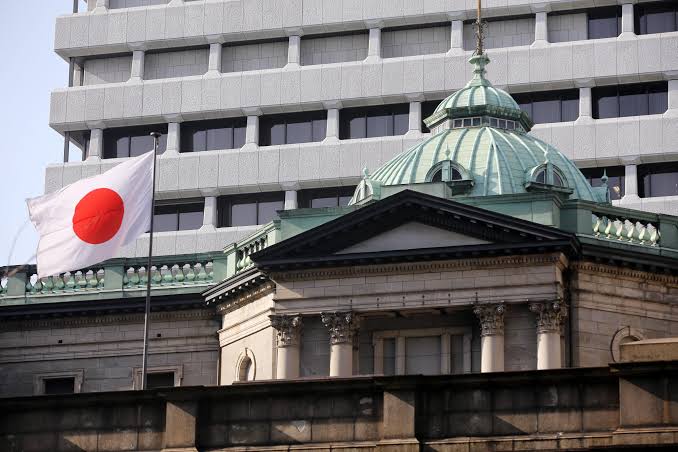Bank of Japan sticks to ultra-loose monetary policy

Tokyo, The Gulf Observer: The Bank of Japan stuck to its ultra-loose monetary policy Friday, though officials face increasing pressure to turn more hawkish as the yen weakens and after fresh data showed inflation remained stubbornly high.
While most other major central banks have pressed ahead with a campaign of interest rate hikes in a bid to tame prices, the BOJ has refused to shift from its long-term program of sub-zero borrowing costs in order to kickstart the world’s number three economy.
Policymakers have for several months hinted that they are willing to adopt a more normalised policy, such as minor tweaks to its yield curve control scheme, which sees the bank control the band within which government bonds are allowed to move.
But there are growing calls for it to move quicker, and they will not have been tempered by data Friday showing the consumer price index excluding food and energy, prices jumped 4.3 percent on-year in August — a three-decade high.
The CPI reading of 3.1 percent excluding just fresh food came in slightly above the three percent forecast in a survey by Bloomberg.
In a post-meeting statement it stuck to its guns, as expected, but said it “will not hesitate to take additional easing measures if necessary”.
“With extremely high uncertainties surrounding economies and financial markets at home and abroad, the bank will patiently continue with monetary easing while nimbly responding to development in economic activity and prices as well as financial conditions,” it said.
Analysts have said BOJ’s outlier policy is harming the economy by skewing the bond market and exacerbating the yen’s weakness, in turn making imports more expensive.
On Thursday the Japanese currency hit a fresh 10-month low against the dollar of 148.46, before recovering slightly on Friday to 148.11.
The yen has tumbled 11 percent this year, making it the worst-performing Group-of-10 currency, according to Bloomberg News.
This has prompted speculation that the BOJ may intervene in forex market to provide support to the currency, having done so in November for the first time since 1998.
Among key items in the CPI reading, mobile phone fees, hotel prices, and fire and earthquake insurance saw increased prices, the ministry said.


